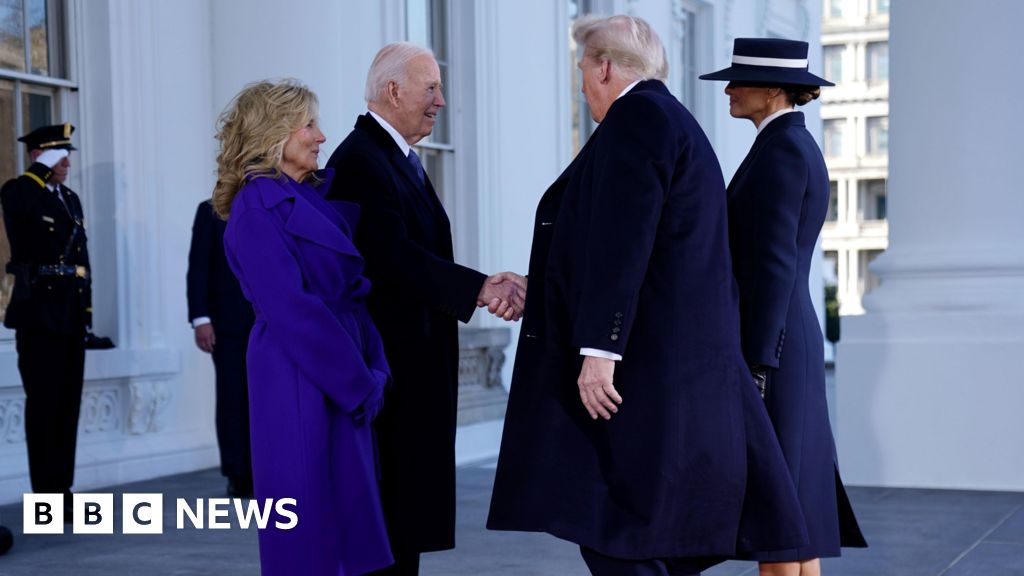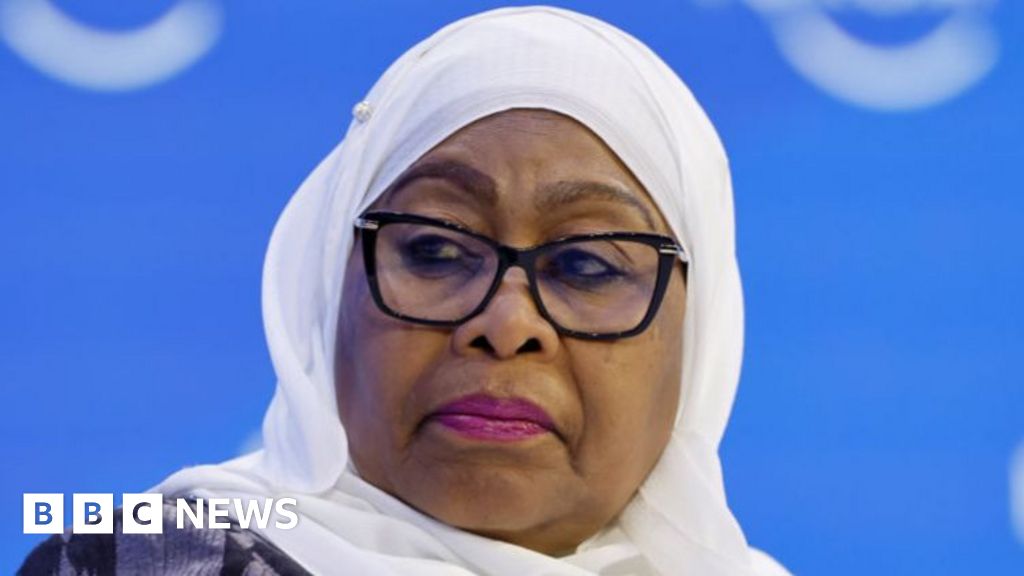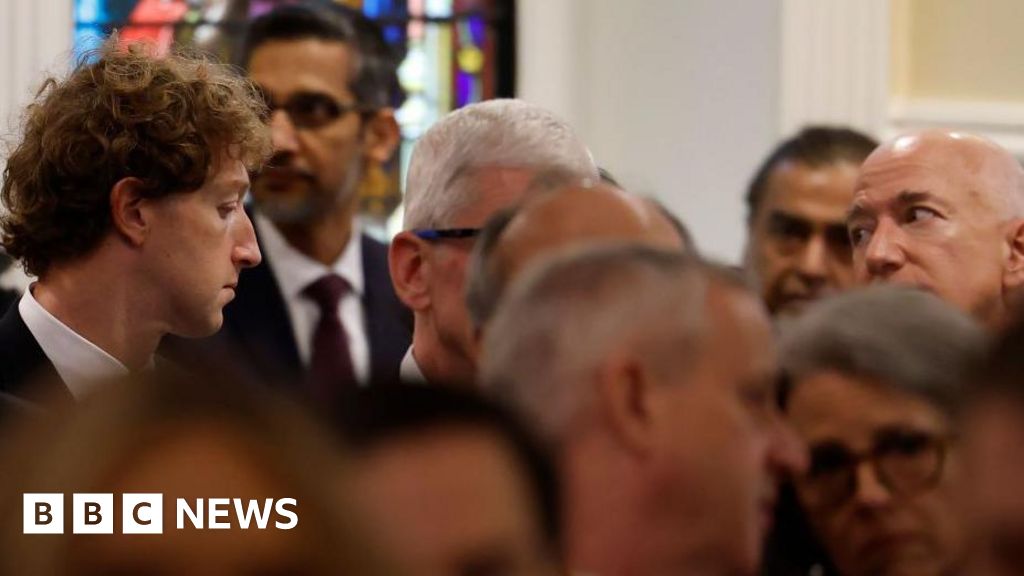ARTICLE AD BOX
By Kai Wang
BBC Reality Check
Image source, Getty Images
China has sought to keep a diplomatic distance from the war in Ukraine, choosing to abstain in a UN vote condemning Russia's invasion.
It is also making concerted efforts to stifle strong views about the conflict on Chinese social-media platforms.
It's a fine line to tread. Only last month, Chinese leader Xi Jinping declared there was "no limit" to Beijing's newly strengthened relationship with Russia.
What content is China censoring?
Posts expressing partisan views have been removed on a daily basis - both for and against Russian military action.
"No-one dares to stand with Ukraine right now," wrote one person on Weibo, China's Twitter equivalent. "It's all one-sided support for Russia."
This was removed along with many others like it, according to Free Weibo, which tracks Chinese censorship online.
And a retired Russian general's open letter calling on President Vladimir Putin to step down - shared on the WeChat messaging app prior to the war - has now been blocked.
Some views in support of Russia have also been suppressed.
A "thank you" note posted by the official Weibo account of Russia's state-controlled news network RT, expressing gratitude to the Chinese for their support, was taken down, as was this Weibo post: "I'm glad that Russia has taken the initiative to undertake the difficult task of fighting the neo-Nazis in Ukraine. The sanctions imposed on Russia are unacceptable."
Social-media platforms in China receive constant guidance from the government on how to deal with specific content and are under pressure to follow this.
One such instruction was allegedly leaked and reported by the China Digital Times.
It was said to have been issued to media by the central regulator the Cyberspace Administration of China (CAC) this month, calling on "commercial websites, local and self-published media'' not to "conduct livestreams or use hashtags" about the Ukraine conflict.
Image source, Reuters
Image caption,The official Chinese narrative is one of diplomatic neutrality
It also "strictly prohibited the reposting of foreign media reports" or putting up "malicious messages" favouring one side or another.
China media expert Sarah Cook says: "It looks absolutely authentic to me. The source is credible and the instructions given match past patterns of media control."
The platforms have been removing a range of posts seen to be disruptive or dangerous, since the invasion.
- Video platform Douyin, China's TikTok equivalent, said last week it had taken down 498 videos and 2,657 comments - citing misinformation and inappropriate messages that "stir up hatred" or "warfare" - and suspended hundreds of accounts
- Weibo said it had suspended tens of thousands of accounts and deleted large numbers of posts that "mock the situation" in Ukraine. It also announced it would add geo-location labels to posts to help with verification
- The video-streaming site Bilibili said last month it had deleted 1,642 "inappropriate messages" and suspended about 57 accounts
- WeChat and Bilibili have both urged users to be "objective" and "rational" when discussing Ukraine
What narrative is China promoting?
Official and mainstream media carry regular reports on the situation in Ukraine but have stopped short of calling Russia's actions a "war" or "invasion".
Doublethink Lab, which has been tracking disinformation attempts in real time, has pointed out the Chinese media are "regularly quoting disinformation and conspiracy theories from Russian sources".
Image source, Getty Images
Image caption,Chinese television reports about Ukraine do not describe it as a "war" or "invasion"
False claims, such as that the Ukrainians set fire to their own nuclear plant, are repeated by Chinese media with little attempt to challenge them.
There is also very little reporting on the resistance from the Ukraine side nor the wider Western response to Russia's invasion.
"In my view, the censorship over Ukraine content is imbalanced... with comments and voices that run counter to the official [Chinese] position being much more heavily targeted than other views," Ms Cook says.
Where criticism of events in Ukraine does appear, it is often directed at the United States, placing the blame on it for fanning the flames of the conflict.
In one article published in China's Global Times, the US is accused of profiteering from selling weapons to Ukraine.
In another, the US is accused of releasing "disinformation on the Ukraine crisis to smear China".
Russia's state-controlled media have a long-standing presence in mainland China, where most foreign news websites are either blocked or heavily censored.
Outlets such as Sputnik have 11.6 million followers on Weibo and are often quoted by Chinese official media as a source in their coverage of the conflict.

 2 years ago
21
2 years ago
21








 English (US) ·
English (US) ·